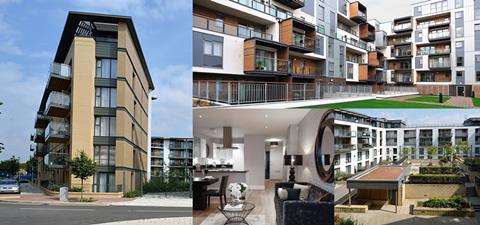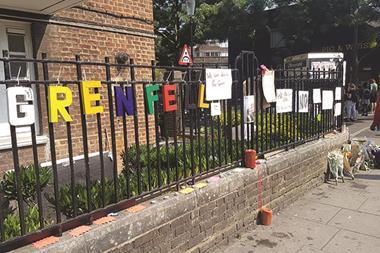It’s not often that social housing hits the headlines of the Financial Times, but recently the publication carried the headline ‘Blackstone stirs social housing row’.

The so-called row was sparked when the National Housing Federation asked Sage Housing to stop using the term ‘housing association’. Sage has agreed to do so. US private equity firm Blackstone has a 90% stake in Sage, which describes itself as a ‘for-profit registered provider’.
Sage’s website states: “Funding from institutional investors enables us to invest in new affordable homes and we can often bid on section 106 agreements that are not financially attractive to other housing associations.”
So is this row just the sector running scared of private competition for section 106 housing or is the real question: should profit-making organisations be able to call themselves housing associations?
Housing associations are defined by the 1985 Housing Association Act and a fundamental part of the description is that they do not trade for profit.
Find out more in our exclusive Geeta Nanda interview:
They have existed for more than 100 years, delivering their social mission – to help people in housing need. As organisations, they always seek to help the most disadvantaged in their housing. They support some of the most vulnerable members of our society.
One in 10 people lives in a housing association home and we build over a quarter of the new homes in this country each year.
They are a hugely socially valuable part of the property sector – with the ability to invest for the long-term good and where others may not want to tread. Housing associations build and invest where communities need support and where markets fail.
In the face of shrinking government subsidy over the years, we have seen our financial models change and our scale and ambitions shift. We have become adept at generating our own surpluses through market activity so we can continue to build new, much-needed subsidised housing – especially homes for social rent.
The vast majority of housing associations are charities that re-invest their surpluses in delivering their social mission. They are not for profit organisations.

It should be clear to those we house and the public in general that profit-making is very different to the community benefit we provide. Our underlying social mission drives and defines us – it is our strength. There is value in being called a housing association; there’s a differentiation in the brand. It is a brand name worth fighting for. But this doesn’t mean we don’t welcome the newcomers and the investors who want to build more homes at this time of chronic housing need. Housing associations alone can’t hope to satisfy the demand.
Many of Blackstone’s investors will be institutions, such as Legal & General (which recently launched an affordable arm) or those backing Grainger, which has a wholly owned registered provider. Similar money also backs build-to-rent specialists such as Fizzy and Essential Living, while numerous blue-chips supported L&Q’s landmark £500m bond issue last summer.
Housing associations should and will protect their brand for community good while welcoming those who have a commitment to increase the number of homes we desperately need for those locked out of the market. But let’s call a spade a spade and a housing association a housing association.






























No comments yet